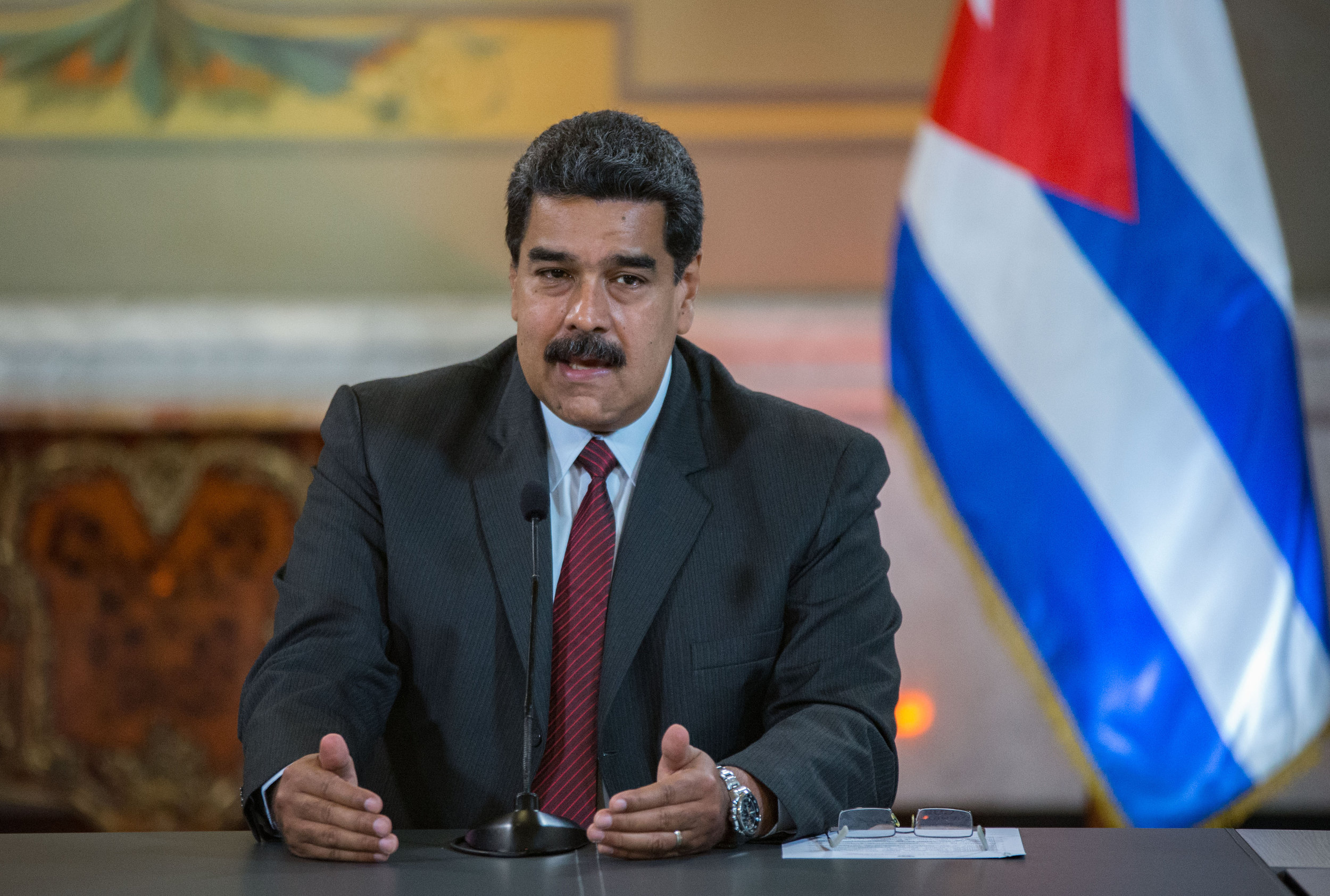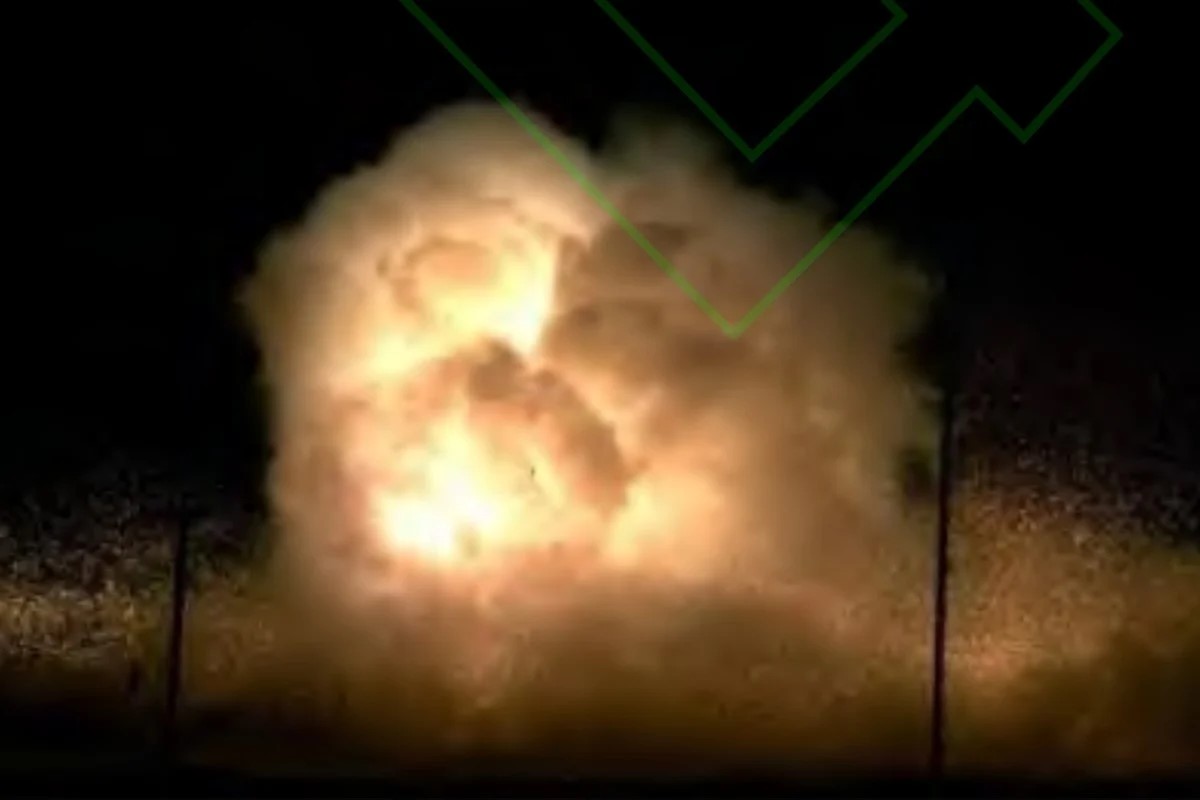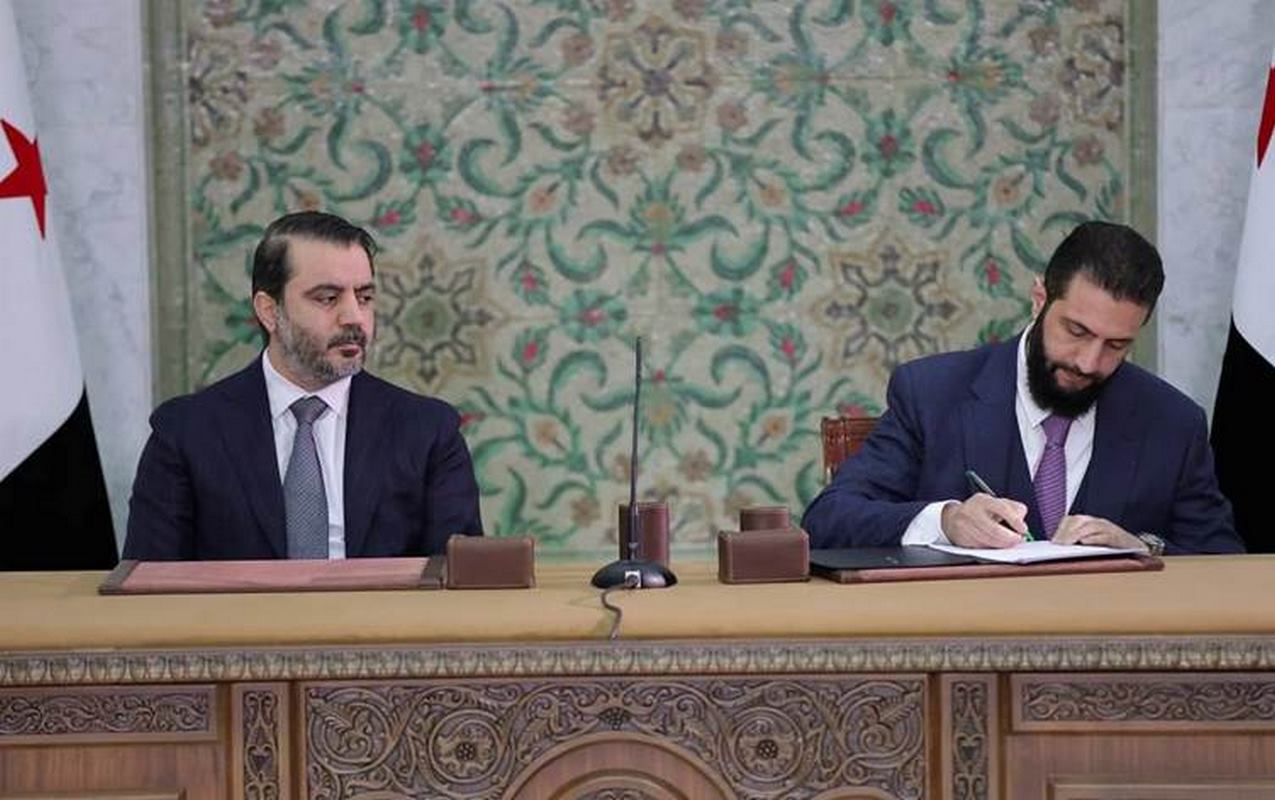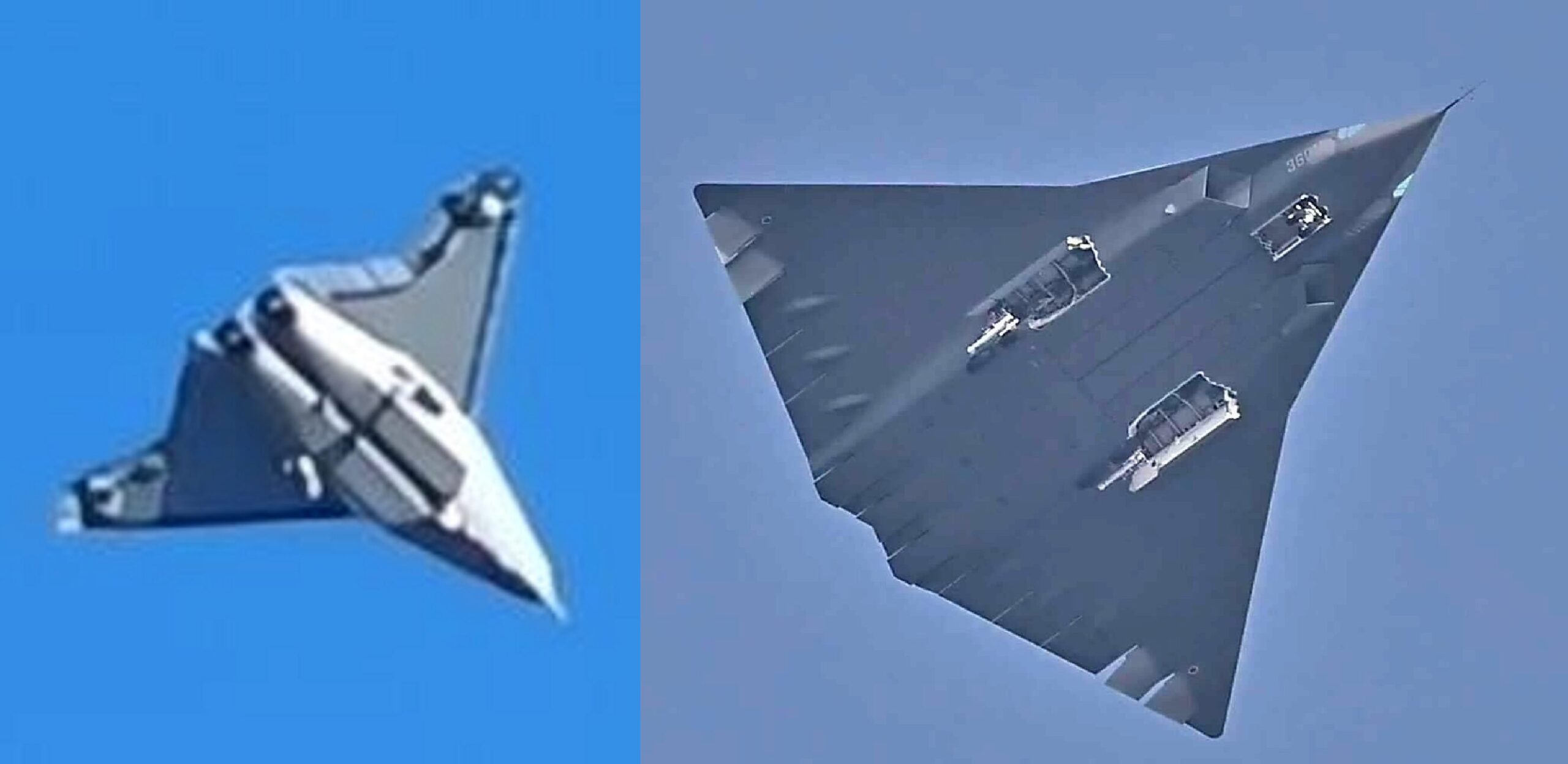Geneva, Switzerland, July 15th, 2019. The 41st session of the United Nations Council on Human Rights adopts a resolution denouncing the widespread use of economic sanctions by the United States. The resolution was introduced by Venezuela and Palestine on behalf of the Movement of Non-aligned Countries (NAM) and received 28 votes in favor and 14 against with 5 abstentions.
Fundamentally, the resolution invokes the language of many important charters and treaties like the Vienna Conference on Human Rights of 1993, the 2015 General Assembly resolution: “Transforming our world: the 2030 Agenda for Sustainable Development,” the 1986 General Assembly resolution entitled: “Declaration of the Right to Development,” and the Durban Conference against Racism of 2001, with the aim of demonstrating that the strangulation of countries like Venezuela by United States sanctions is a violation of international laws on human rights.
The resolution states that the Human Rights Council “Expresses its concern at the continued imposition of unilateralism and unilateral coercive measures, which hinder the well-being of the population of the affected countries and create obstacles to the full realization of their human rights”.
And reminds those gathered “…that each State has the inalienable right to choose freely and develop, in accordance with the sovereign will of its people, its own political, social, economic and cultural systems, without interference from any other State or non-State actor, in strict conformity with the Charter, the Universal Declaration of Human Rights and other relevant international instruments”.
“I am grateful for the overwhelming support of the member states of the UN Human Rights Council for the resolution presented by the presidency of NAM in favor of Venezuela. A victory that expands international cooperation and rejects imperial sanctions,” Venezuelan President Nicolas Maduro tweeted Sunday.
A Tale of Two Countries
There are many countries with the right to be outraged by such unilateral measures as the resolution opposes, such as Iran, North Korea, Venezuela, and Cuba, who are all in dire economic straits as a result of U.S. sanctions.
A 27-page paper by economists Jeffrey Sachs of Columbia University and the UN Sustainable Development Solutions Network, and Mark Weisbrot, determined that sanctions have “inflicted very serious harm to human life” in Venezuela. Approximately 40,000 Venezuelans have died as a result of depredation stemming from U.S. economic pressure.
Weisbrot and Sachs pointed out in the report, which was published by the UN that sanctions “would fit the definition of collective punishment of the civilian population as described in both the Geneva and Hague international conventions, to which the US is a signatory”.
President Obama’s 2015 executive order declaring Venezuela an “unusual and extraordinary threat” to US national security is the likely source for the current crises, as Washington significantly escalated its unilateral coercive measures in August 2017 when the Venezuelan government and state oil company PDVSA were cut off from financial markets worldwide.
Furthermore, it was this designation that allowed Obama’s successor to invoke the National Emergency executive powers to apply yet harsher sanctions in January of 2019.
President Trump might do well to listen to the outside world’s opinion, since every United States aggression upon the sovereignty of Venezuela has been met with contradictions by independent voices. Aside from Sachs and Weisbrot demonstrating the human cost of this campaign, over one-hundred international election observers concluded free and fair elections during the most recent Venezuelan presidential campaign in 2018, despite the repeated insistence by the U.S. that Maduro won the presidency in an illegitimate fashion.
PICTURED: Venezuelan President, Nicolas Maduro, whom the United States claims was illegitimately elected.
Are Sanctions an Act of War?
In centuries past, one of the best ways of defeating a fortified opponent during wartime campaigning was the complete and total encirclement of his fortification, thereby blocking any supplies from entering his possession. If the defenders did not possess the strength to enact some kind of sortie and break the encirclement, then given time, the besieged would run out of food and begin to starve.
When this reality set in, it was normal for the starving defenders to surrender their fortifications and their lives to the conquering army. This is very similar to the situation going on in Venezuela, only that instead of using the United States military to encircle the country, we simply prevent them from engaging in free trade with other countries in order to acquire the goods or capital to prevent economic collapse.
Venezuela has, like those besieged in a medieval castle, attempted to break out of this stranglehold before. For example, the United States recently placed the Cuban petroleum company Cubametales under complete blacklisting when it was discovered they were receiving shipments of heavy crude oil from Venezuela in exchange for medical supplies and professionals.
The Russian oil giant Gazprom suffered similar treatment when it tried to bargain with Venezuela against the commands of the United States Office of Foreign Asset Control (OFAC). OFAC maintains that sanctions “need not be permanent,” and that they are “intended to bring about a positive change of behavior”.
All indications suggest the positive change in behavior they are referring to is surrender. If the beleaguered defenders in our medieval castle scenario threw down their weapons and turned their castle over to the besiegers, indeed they no longer need starve; however they’re relinquishing their sovereignty in doing so, which the United Nations recognizes as a fundamental right of statehood in its most recent resolution along with countless others.
Recently, much has been made over Special Investigator Robert Mueller’s report on Russian interference in the United States elections, with certain media pundits and intelligence officials suggesting that Donald Trump might have been illegitimately elected.
All of the press releases and documents related to sanctions on Venezuela end in the provision that those who “take concrete and meaningful actions to restore the democratic order, including through refusing to operate in Venezuela’s oil sector, which continues to provide a lifeline to the illegitimate regime of former President Nicolas Maduro,” will be released from the grip of sanctions.
Does the suggestion that Donald Trump’s election was illegitimate give, for example, the EU the right to starve the American people until they take “meaningful and concrete action to restore democratic order”? It most certainly does not.
Finally one of the most important objectives in any war is to topple the enemy’s command structure or somehow subdue their leadership. Dozens of attempts were made to assassinate Adolf Hitler for this reason. There was some understanding that without Hitler, the Nazi regime would have difficulties holding itself together. American sanctions share this aspect with hot wars throughout history, in that the stated goal of OFAC and the Trump cabinet is the abdication of President Maduro from power.
Short of putting United States military personnel in harm’s way, the behavior of the United States towards the economic and political freedoms of countries like Iran, North Korea, Cuba, and Venezuela demonstrates all of the hallmarks otherwise common in hot warfare.
The sanctions imposed on Iraq during the presidency of George H. W. Bush led to as many if not more Iraqi civilian deaths than the combined military-civilian casualties suffered by the United States in all of World War II.
Perhaps if this was the language the Human Rights Council used, there might be a better chance of the United States withdrawing their policy of economic warfare. But as long as the 40,000 dead Venezuelans are victims of “unilateral coercive measures,” instead of “American economic cold-warfare,” no great change of position is likely to result from this admirable measure by the UN.



